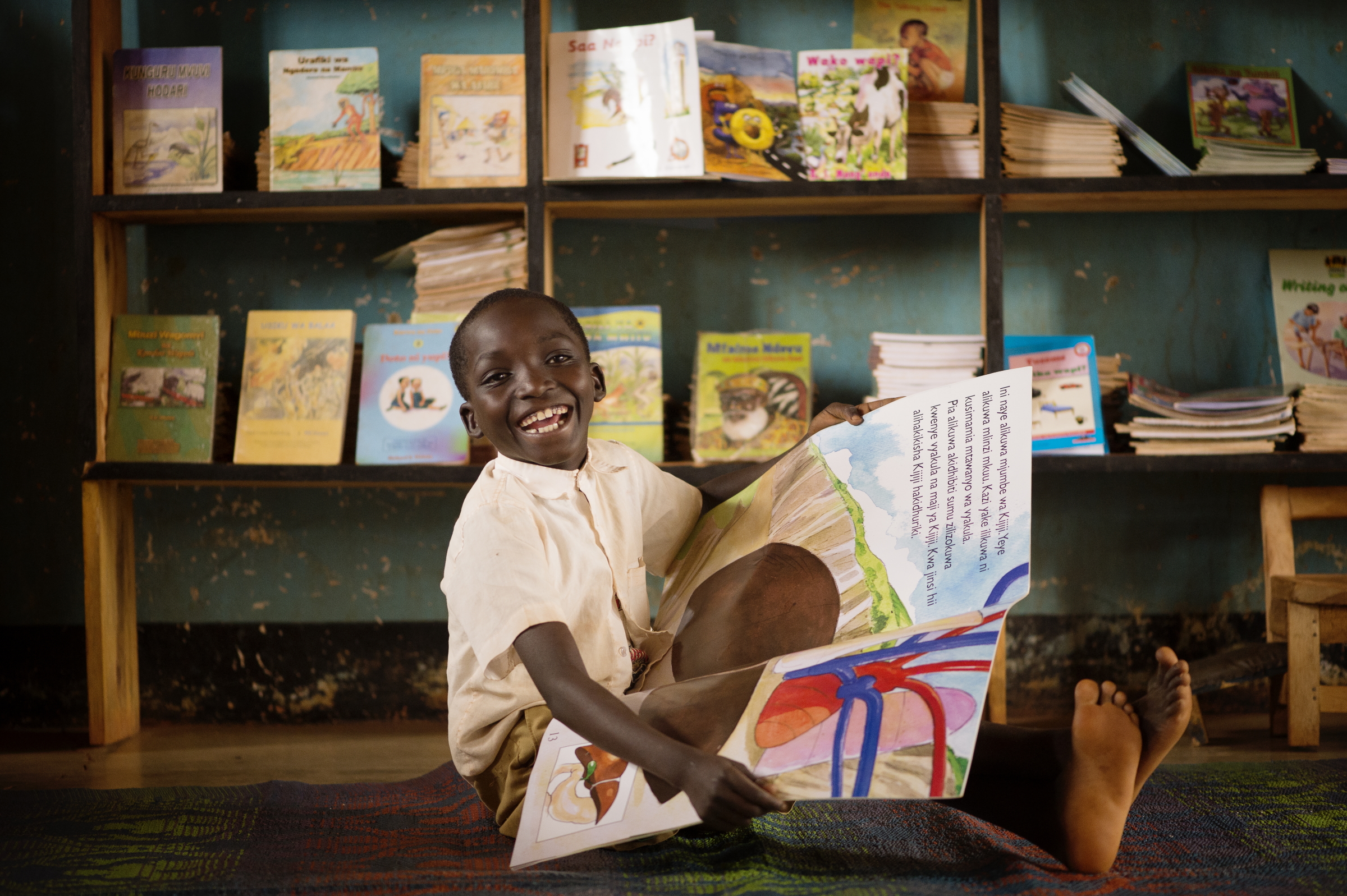Literacy is a gateway that can open the door to a world of opportunities or just as quickly shut it tight. Every day, the proverbial door can be heard slamming shut for many millions of children in low and middle-income countries around the world. A startling 53% of children in the global south are unable to read proficiently by age 10 – a fact characterized by many as a “global learning crisis” (World Bank, 2019).

As avid readers ourselves, we can all appreciate that foundational literacy is a prerequisite for achievement across the curriculum and the development of higher order cognitive skills such as critical thinking and problem solving. There is simply no leapfrogging over foundational literacy in our efforts to achieve the United Nations’ Sustainable Development Goal (SDG4), which includes a target of 12 years of quality schooling for all children. If students don’t gain basic literacy skills, they drop out or at best finish their primary school education as illiterates.
Equipping children with foundational literacy skills gives them the needed leg up to succeed and stay in school and to look forward to healthy, productive lives for themselves and their families. This is precisely what Toronto-based lawyer Christopher Bredt has passionately championed for 34 years since first becoming involved with the Canadian charity CODE. Having raised over two million dollars for the cause and having cast his net of inspiration widely, Chris is a shining example of the good that can be achieved through committed volunteer service.
This July, Chris will lead his fifth and final “Summit for Literacy” to the top of Tanzania’s Mount Kilimanjaro, towering 19,354 feet above sea level. His team of 14 climbers is on a mission to kick-start CODE’s new children’s literacy program in Tanzania through their personal fundraising efforts.
In Tanzania, a dearth of reading materials and qualified teachers are contributing to an exceedingly high illiteracy rate amongst children. This is not a result of COVID-19, though the pandemic has certainly exacerbated the situation. It’s defined by the fact that children are not learning foundational skills. In fact, as many as 90% of Tanzanian children are unable to read and understand a simple text by age 10 (World Bank, 2021).
CODE’s literacy programs have consistently shown that relatively modest investments in the production of culturally relevant reading materials and teacher development can have an outsized impact on children’s literacy and learning outcomes. In its most recent Tanzanian program, CODE found that children in project schools on average understood twice as much of what they read and were almost three times more fluent than their counterparts in comparison schools.
With the support of Chris and his intrepid group of climbers, CODE is working to reestablish and scale its impact in Tanzania. Working with stakeholders across the education and publishing sectors, CODE seeks to contribute to market-based solutions for strengthening Tanzania’s book chain and to build the capacity of teachers to effectively engage classrooms of young readers and learners.
Funds raised through the “Summit for Literacy” will form a cornerstone of this ambitious new program and remind us that Margaret Mead’s words still ring true – we should “never doubt that a small group of thoughtful committed individuals can change the world.”
To donate to the “Summit for Literacy” visit www.code.ngo/kilimanjaroteam or to learn more about CODE at www.code.ngo.


